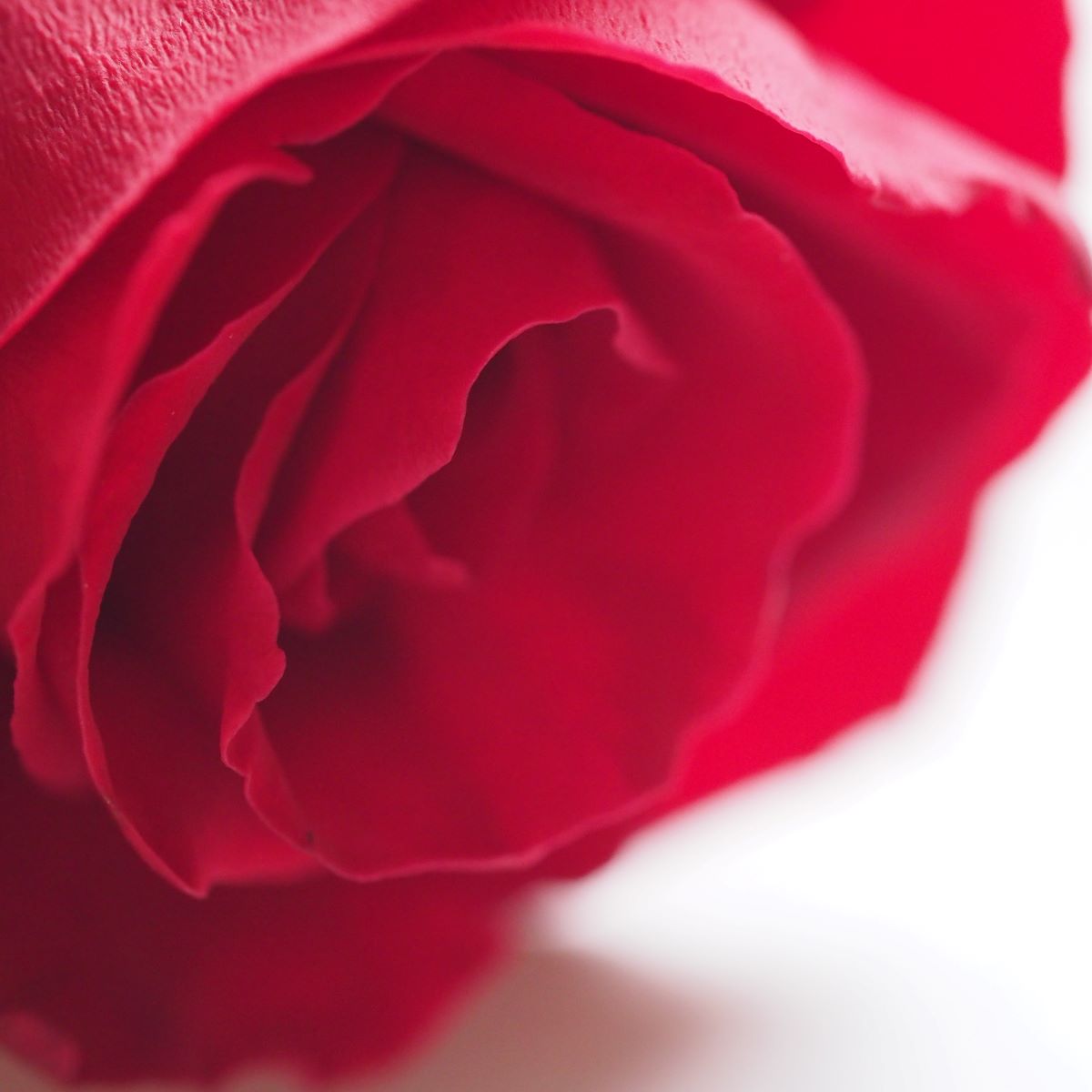by Lucy Rose.
A few words before we start…

Firstly, I want to thank you for taking the time to read the latest entry of my series, Transgendered Substantiation. The series has been adapted from blogs I wrote for my website during my transition, based on my thoughts and feelings at the time. They almost represent, then, a time capsule for that period of my life. I have done my best to edit and update them for this publication, but some areas may be out of the date, especially regarding the administrative side, as some parts of the process may have changed since I went through it myself.
My ultimate aim with this series is to help people by shedding a light on the transition process. While everyone’s experiences are different, and this is but one person’s perspective, if this is something you are going through yourself, it is my hope that it helps you know that though it may be a daunting process, it is not insurmountable and there is nothing that cannot overcome. Or, if you are a friend or loved one of someone going through the process, it helps you understand what they may be thinking or feeling or the challenges they are facing.
With everything said, please enjoy this week’s entry. Please note, this entry has a content warning for adult subjects.
Transgendered Substantiation: volume 7: sex, exercise & relationships
Leading on from a point I made in the first entry in this series, one of the reasons why I felt so much distress at dressing alone in my room was that I didn’t know to what extent it mattered; whether it was a lifestyle-defining change or one that was purely sexual, because it certainly felt sexual. While I have no definite answer and it’ll differ from person to person, this is a point I wanted to raise here.
Not everyone is interested in sex and those who are are to different degrees. However, I know it caused me no shortage of confusion when I began to dress in the more overtly feminine garb only to feel sexual arousal when I saw my reflection. This sensation is called Fetishistic Transvestism or Transvestic Fetishism. I raise it because it can be difficult to distinguish from Gender Dysphoria, whether the two are linked at all, or if one presides over the other. Having the possibility that I was dressing for no other reason but the thrill, to live out some sexual fantasy didn’t help. It felt petty, in a way, to go through so much but to enjoy a quick splash of sexual pleasure. I was struggling at this point with the question of sexual orientation. At 18, I thought I was bi-sexual. At 19: homosexual. And then, at 20 . . . what even was this? Was there really nothing more to this question than sex?
Only, it didn’t provide all the answers. If this was a matter of sex, why did gender factor into it? Why did I need such tactile stimuli? And why, when the bubbling arousal had faded away, did I still feel incomplete?
Sexual orientation is not gender identity
To me, it’s more about the feeling that I’m living life that way I want, that this is just one more avenue I can explore. The piece of advice I followed to get me here is that, as hard as I sometimes find it to separate the two, sexual orientation and desire, and gender identity are completely different things that can often disguise as one another. The gender as which I decide to live holds no bearing on those to whom I’m attracted and that which I find sexually pleasant.
The question I then had to ask myself was: Why did I feel this way? Why can’t I gain any sexual pleasure unless I’m presenting as female? I believe it comes down to the fact sexual desire is not something we can choose – we like what we like – and if we can’t explore that which we enjoy because we don’t have the form of life to do so, then we find no enjoyment in what we’re expected to settle with. I was living as the wrong gender and have a way now to live life the way I want, with sex as but one more part of that life. I give myself the green light to freely explore and experiment, so why wouldn’t I feel some excitement at the thought? And if I’m locked into the male role I had of myself before all this began, or if I was to revert now, life would become a ‘by-the-numbers’ affair. And if sex is a part of a dull life, how then can I enjoy it?
So, I guess what I’m trying to say is to not be put off or feel shame over any sexual impulses you may get while dressing. It’s just part of the process. Use it as a way to question yourself, to find the extent to which all this affects you. Sexual arousal is not a definite be all and end all state of affairs; dressing in this regard may not be a way of only gaining sexual pleasure but could be a lighthouse to something far more fundamental.
Exercise
Exercise is another part of life that can present issues. These are ones I’m still struggling with. Before I came out, I went to the gym regularly and went running a couple times a week. But now I can’t do either. I’ll sweat my make-up off and I’m paranoid by breast-forms will plop out part way through the park. Yet just as with anything – and I guess this is a universal feeling – I don’t want to lose what I’ve gained, even if it just being generally healthy. I keep up how I can with yoga-like exercises and sit-ups and squats and that kind of thing but compounded with the fact that I work primarily from home, my cardio has definitely suffered. Exercise is something to plan for when transitioning, something you may have to forgo for a while, or something in which to really engage. It all depends on your personal situation.
You may be able to get some equipment for your home or look at workouts on YouTube to tide you over until you’re further through the process and can re-integrate into these trickier facets of life. The only advice I can give is to be aware that your physiology will change with the introduction of hormone replacement therapy, if you decide to go this route. I’ll discuss this in more detail in an entry on Hormones. And if you want to help facilitate a physical change from male to female, shock and weight training, especially around the arms and shoulders, may not be the best bet. General cardio is probably ideal, as well as anything that trains the legs, core and glutes. These are the areas that hormones will affect most directly, and by neglecting the shoulders it may help make them look less bulky in dresses and shoulder-less tops. They were something I hid at all costs when I first started out.
Posture
Another thing to work on is posture. I was a sloucher when I was young. I grew very quickly and was my current height of 5’9” at the age of around 15/16, which made me very awkward and unsure of the extent of my frame. However, since coming out, I’ve found that I instinctively hold myself higher. I think part of it comes to a pervading sense of self-improvement, even from before I came out, but another comes to the fact that holding my shoulders back makes them look smaller, as well as accentuating my chest. By straightening my back, I get a better curve for my behind and helps skirts and dresses sit more naturally. Exercising then the legs, glues and core helps gain this foundation to posture and is something else you can aim to improve during any workouts.
Relationships
But lastly, for now, I want to discuss relationships. This is a difficult topic for me for the fact that I came into the transition, and will most likely leave it, single, so I don’t know how a relationship may be affected by one partner coming out as transgender. Hopefully that works out for the best and you can gain the support you need. However, the thing I do want to talk about is starting a relationship during the transition process.
This is something from which I’ve intentionally kept away until I’m at least at the tail end of the hormone stage. The reason for this is that at the start of the process I wasn’t 100% comfortable in myself just yet and I knew the upcoming year or two was going to be very tough to get through. You could argue that a relationship would help, give me another scaffold to hold myself up, but I’ve always been a bit of a lone wolf and found relationships tricky at the best of times, another thing to manage. True, that was in a form as which I couldn’t give myself wholly to another person because I didn’t know it all myself, but I didn’t want to worry over a relationship while going through all these mental and physical changes at the same time.
I am hoping that in time I’ll be in a better position to give myself to the inevitable trial that is a burgeoning relationship, and maybe it’ll be one that I’ll want to pursue over a longer term – I believe I’m getting to that age. Now that I know who I am and am simply doing my best to get there, anyone that I meet I do so openly and honestly, the good and the bad, and then we can create a more secure coupling, a lasting growing together. So, for anyone feeling particularly lonely during all this, remember that there’ll be something out the other end, a place where you can give yourself fully to another person and be accepted – and this is something worth reaching, for all you don’t know it’ll be.
Maybe, then, this may help those relationships that are already in place when the transition begins. If you can wade through the doubtful looks in the mirror, the grief of losing the one you loved, the regret of whether you ever knew them in the first, to the joy of discovering the vastness of the person yet untold and unexplored, and you find that you can love all that just as fervently, then that will be a relationship built upon a surer foundation. But in that same light, if a relationship doesn’t survive, then would it have lasted come the other side? Would it have lasted in a life unfulfilled? It’ll be painful either way, but my last word would be to not grieve what has been left behind but to be thankful that each step has happened and carried you now into the unpredictable trove of the future. If sex is a part of life, then change, to me, is all of life. And change begins with honesty.

